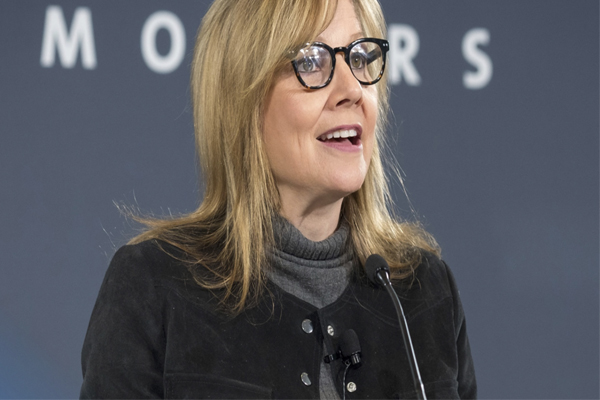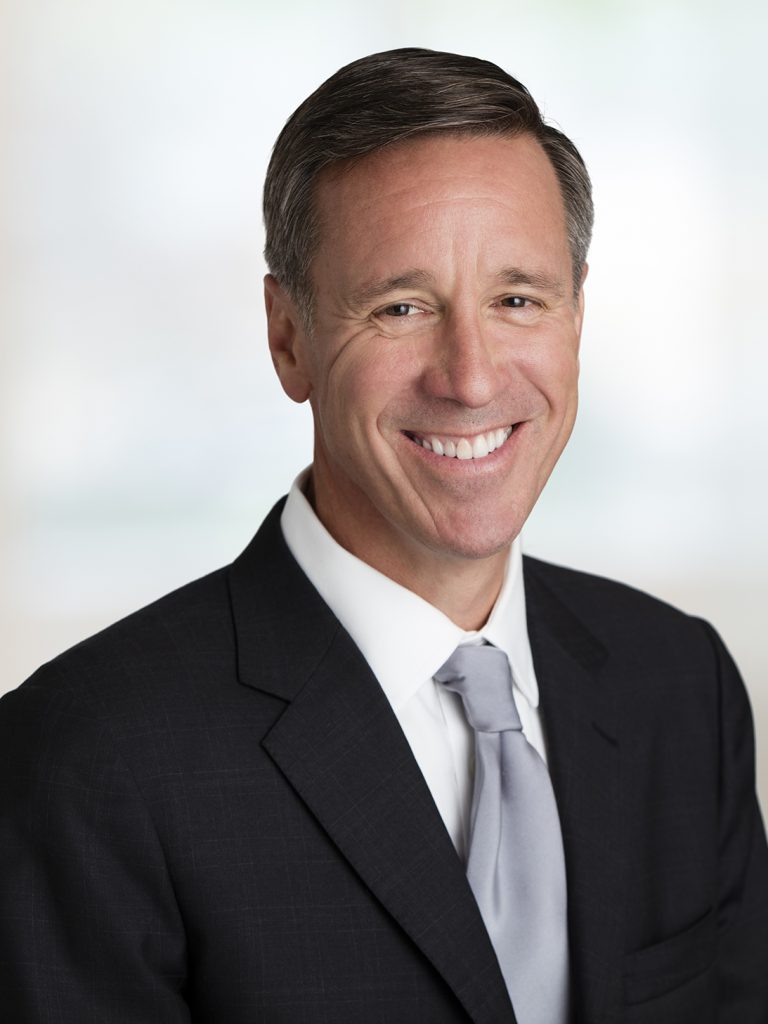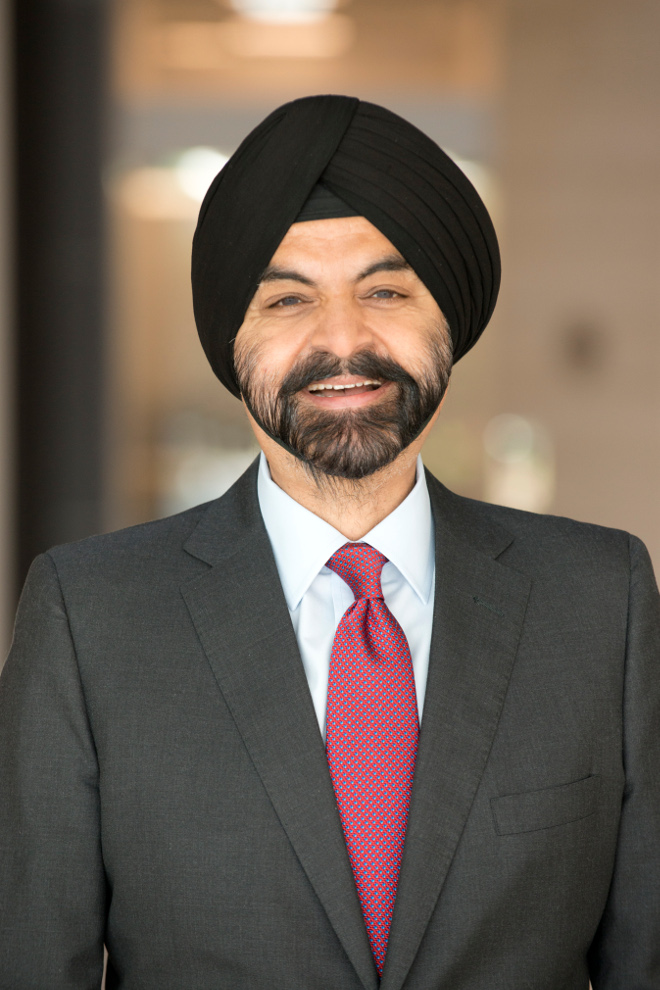Business Roundtable CEOs from 208 of the largest companies in America have unveiled a new plan to address racial inequality.
Both the Covid-19 pandemic and recent tragic killings of unarmed Black men and women have finally brought home the extent of racial inequalities that exist across US communities and organisations. Leading CEOs – from companies such as Walmart, Microsoft, Mastercard, Johnson & Johnson, Marriott International and General Motors – believe that corporate America can do more to help create opportunities for people of all backgrounds by prioritising diversity, equity and inclusion (DE&I) initiatives. This follows a promise from CEOs to reinforce DE&I efforts to stamp out systematic racism, earlier this year.
So under the umbrella organisation of Business Roundtable, they have come up with a plan to help stamp out racial inequality. The announcement comes at roughly the same time that US President Donald Trump confirmed plans to crack down on government DE&I training.
ADVANCING RACIAL EQUITY
According to Walmart’s CEO Doug McMillon, who is leading the initiative as Business Roundtable Chairman, the racial inequities that exist for many people of colour in the US are “real and deeply rooted”. “These longstanding systemic challenges have too often prevented access to the benefits of economic growth and mobility for too many. And a broad and diverse group of Americans is demanding change,” he stated. “It is our employees, customers and communities who are calling for change. We are listening – and most importantly – we are taking action.”

The racial wealth divide is a result of centuries of policies and systems that have “significantly curtailed opportunity and wealth creation for Black and Latinx people”, highlighted Jamie Dimon, Chairman & CEO of JPMorgan Chase & Co. “We have a historic opportunity to rebuild our nation to be more equitable for all.”
So, together with top CEO members of the Business Roundtable, McMillon created a Special Committee to advance racial equity and justice during the summer. The latest plan is the product of “months of CEO engagement with more than 100 experts focused on business’ response to the systemic challenges facing Black Americans and communities of colour”, confirmed McMillion. The goal is to reduce the economic opportunity gap mainly for disadvantaged communities of colour through a series of initiatives. These initiatives aim to advance equality in the areas of employment, education, finance, housing, health and the justice system.
ACCESS TO GOOD JOBS
One of the Roundtable’s main goals is to ensure that Black and Latino Americans have access to good jobs. It plans to achieve this through:
- Expanding work with Historically Black Colleges or Universities (HBCUs), which produce a quarter of all Black college graduates. Business Roundtable is also partnering with a group that works to ease the burden of student debt.
- Launching an initiative to ensure that companies value skills, more than degrees alone, in hiring and promotion decisions.
- Reiterating their support for raising the federal minimum wage.
- Calling on companies to voluntarily disclose key diversity metrics in the workforce and leadership ranks. It also wants firms to conduct regular pay equity reviews.

SUPPORTING ENTREPRENEURS
Member CEOs are also recommending more support for Black- and Latino-owned small businesses and entrepreneurs. The Business Roundtable plans to achieve this through:
- Increasing support for community lending institutions, which provide funds for Black households and small businesses. Business Roundatable has set a goal of $1b in support by 2025.
- Reach the goal of $600 million by 2025 to support vetted Black-led and Latino-led Minority Depository Institutions (MDIs) with funding in capital/deposits.
- Systems to provide mentorship support to Black and Latino small business owners. Its goal is to reach 50,000 businesses over the next five years.
- Urging policymakers to reform Small Business Administration products and services to better meet minority borrowers’ needs.
DEVELOPING FINANCIAL SECURITY
The Business Roundtable CEO members also want to help Americans of colour develop financial security. They hope to achieve this through:
- Developing/adopting product innovations to support building credit responsibly and helping more individuals move from credit invisible to credit scorable.
- Reaching out to more Black and Latino households to offer/promote low/no-cost bank products with features designed to meet their needs.
- Setting a goal of $30 billion to build 200,000 affordable rental units by 2025 to make housing more accessible to Black and Latino households.
- Endorsing workplace financial wellness programmes.
- Urging policymakers to enact legislation that will pilot portable benefits and a programme to test the effectiveness of “baby bonds”.
IMPROVING ACCESS TO EDUCATION
The Business Roundtable wants Congress to improve early educational outcomes, especially for disadvantaged young Black/African-American and Latino students. Member CEOs are urging Congress to provide more federal funding for early literacy programmes and pre-K. They also want Congress to provide funding to safely reopen schools and pass legislation to help close the digital divide.
“It is clear that equity in education and quality childcare are two critical components to ensuring a successful future for students of colour,” noted Mary Barra, Chairman and CEO of General Motors. “We know that a diverse and inclusive workplace is also crucial to business success. It creates a strong workforce and promotes fresh, innovative thinking. As business leaders, we are collectively opening new paths to jobs and career advancement by reviewing our hiring and promoting practices. We support policy actions that ease student debt burdens; increase access to high quality and affordable pre-K and K-12 education; and increase federal support for HBCUs and other minority-serving institutions.”

SAS CEO Jim Goodnight wholeheartedly agrees: “Our goal as business leaders should be to increase educational attainment for all students. Investments in pre-k and childhood literacy can move us closer to educational equity and a society that offers everyone an opportunity to reach their full potential, regardless of race/ethnicity.”
EQUITABLE HEALTHCARE
Achieving equitable healthcare is also important, according to Arne Sorenson, President & CEO of Marriott International. “The Covid-19 pandemic has exacerbated inequities in health and has had a disproportionate impact on communities of colour. While the pandemic is unprecedented, sadly these health disparities are not new,” he remarked.
“There are a number of factors – environmental, social and economic – that determine health outcomes. We will work with government at all levels to help achieve better and more equitable health care and outcomes,” he added.

PRIORITISING DIVERSITY & INCLUSION
Alex Gorsky, Chairman of the Board and Chief Executive Officer of Johnson & Johnson, believes that corporate America now has the “opportunity to change the status quo” to achieve much-needed change. “Business leaders across all sectors of the economy understand that change begins at home. That means doing all we can to make our companies as diverse and inclusive as possible, while ensuring accountability with measurable results. It is our responsibility to create opportunities for people of all backgrounds. By prioritising diversity and inclusion we can better our companies and our country,” asserted Gorsky.
Intel CEO Bob Swan rightly points out that “standing on the sidelines of racial and social justice is not an option” anymore. He said he remains committed to “full inclusion”. Boston Group Consultings (BCG) CEO Richard Lesser also believes that “companies have a critical role in addressing deep racial disparities. “Meaningful change will require bold moves. And BCG is committed to helping our firms, clients and society become more inclusive and equitable for all,” he stated.
LEVELLING THE PLAYING FIELD
Craig Arnold, Chairman & CEO of Eaton highlighted the consequences of the current barriers to equal economic opportunity for all. “Disproportionately, Black Americans are stopped, searched, arrested and punished more often than their White peers. And incarceration can result in short- and long-term lost income and limited employment prospects,” he pointed out. “This can lead to a lifetime of lost opportunities, impacting generations. While business leaders are not arbiters of justice, we will do what is in our power to advocate for commonsense policing reforms; and facilitate the full reintegration of justice-involved individuals into society by removing barriers to economic opportunity.”

CEOs such Target’s Brian Cornell, Microsoft’s Satya Nadella, USAA’s Wayne Peacock, Bank of America’s Brian Moynihan, Verizon’s Hans Vestberg, all agree that it’s time for real change. As Mastercard’s CEO Ajay Bangar points out: “This is a time for action. A world that works only for a few will eventually not work for anyone. We have an obligation as corporate citizens to level the playing field, make sure the world works for everyone and be a part of the positive change Black communities should have had years ago.”
For more information on the Business Roundtable’s plan to address racial equality in America, click here.





































